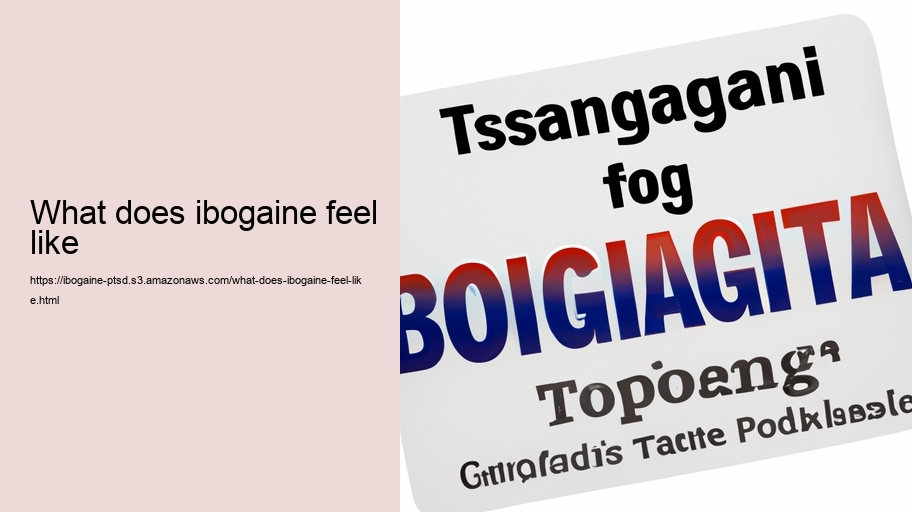Ibogaine, a naturally occurring psychoactive substance found in the roots of the West African shrub Tabernanthe iboga, has garnered attention for its unique and powerful effects on the mind and body. It is often sought after for its potential to treat addiction and facilitate deep personal introspection. Describing what ibogaine feels like is a complex task because it can produce a wide range of experiences that vary greatly among individuals.
The onset of an ibogaine experience typically begins within 45 minutes to three hours after ingestion. As the substance takes effect, an individual may feel a buzzing or vibrating sensation throughout their body. This physical sensation often serves as the prelude to the more profound psychological effects that are to come.
As one delves deeper into the ibogaine experience, they might encounter intense visual phenomena when closing their eyes. These visuals can be intricate, with geometric patterns or vivid scenes that some describe as dream-like or akin to watching a movie of one's own memories. During this phase, users commonly report revisiting events from their past, sometimes with an extraordinary level of detail and emotional intensity.
On an emotional level, ibogaine induces a state that allows for self-reflection and analysis that feels uniquely detached yet deeply personal. Users often report confronting personal issues or traumas they have faced in life, viewing them from new perspectives which can be both challenging and enlightening. The emotional journey through these revelations can lead to catharsis and a sense of resolution regarding past experiences.
Physically, while undergoing an ibogaine trip, individuals might experience nausea or ataxia — difficulty coordinating movements — making it advisable to remain in a safe environment under professional supervision during use. Ibogainee’s physically disorienting effects mean that mobility is generally limited during peak phases of the experience; hence most people lie down or sit comfortably until these subside.
The cognitive aspect of an ibogaine trip is often described as conducive to philosophical thinking and existential contemplation. Thoughts may appear more lucid despite being interrupted by waves of complex imagery and sporadic memory playback. This state can encourage users to reevaluate life choices, behaviors, relationships, and even core beliefs about themselves and the world around them.
After several hours — typically 24-36 hours post-ingestion — as the most intense parts of the experience wear off, there tends to be a gradual return to ordinary consciousness accompanied by lingering aftereffects such as improved mood regulation or decreased cravings in those using it for addiction treatment purposes.
It's important to note that while some people recount their experiences with ibogaine positively due to perceived therapeutic benefits or profound insights gained; others find it overwhelming or distressing due to its intensity and potential confrontation with uncomfortable internal realities.
Given its potent nature and legal status varying widely across different countries (it is illegal in many areas), any consideration towards using ibogaine should involve thorough research along with medical advice from professionals experienced in its administration within contexts where it’s legally sanctioned for such use.
In summary, describing what ibogainee feels like involves acknowledging its multifaceted impact on sensory perception, emotionalitycognition cognition,,and physicalityphysicality,. Each person’s voyage through this powerful psychedelic substance is unique but frequently marked by intense introspective episodes capable of fostering significant transformational shifts within oneself – albeit not without risks which necessitate careful consideration before embarking upon this formidable journey into inner space.
